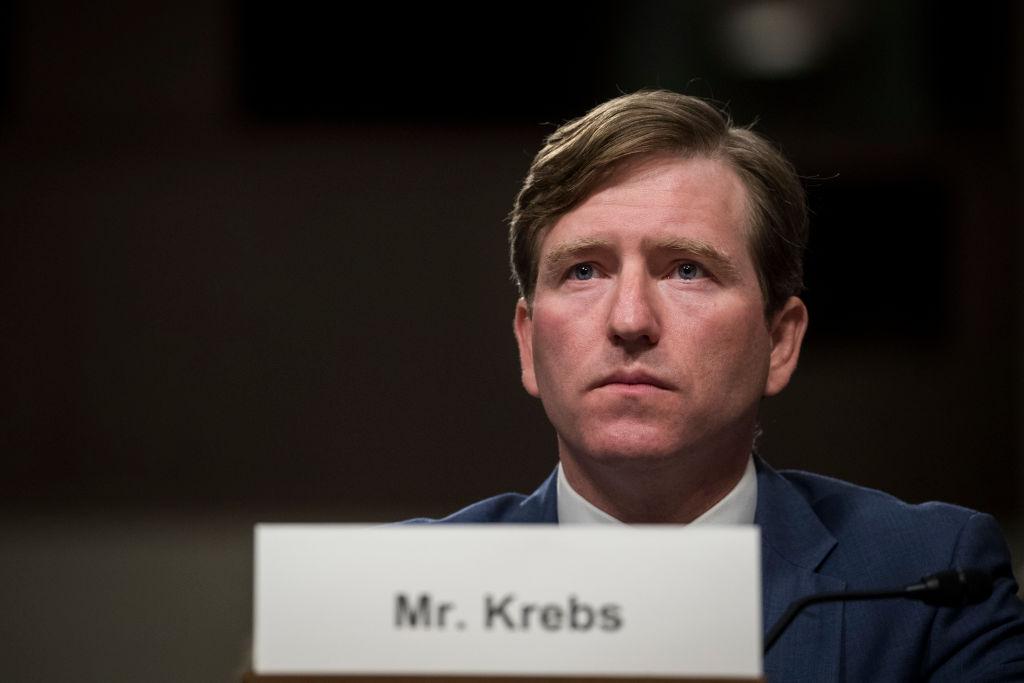A former senior cybersecurity official told a Senate hearing on election security Wednesday that some voting machines were connected to the Internet on Nov. 3 and that those without paper ballots should be phased out, saying, “you can’t hack paper.”
Christopher Krebs, who prior to his recent dismissal by President Donald Trump served as director of the Department of Homeland Security’s Cybersecurity and Infrastructure Security Agency (CISA), told the Senate Homeland Security and Governmental Affairs Committee hearing that paper ballots are key to shoring up election integrity.





